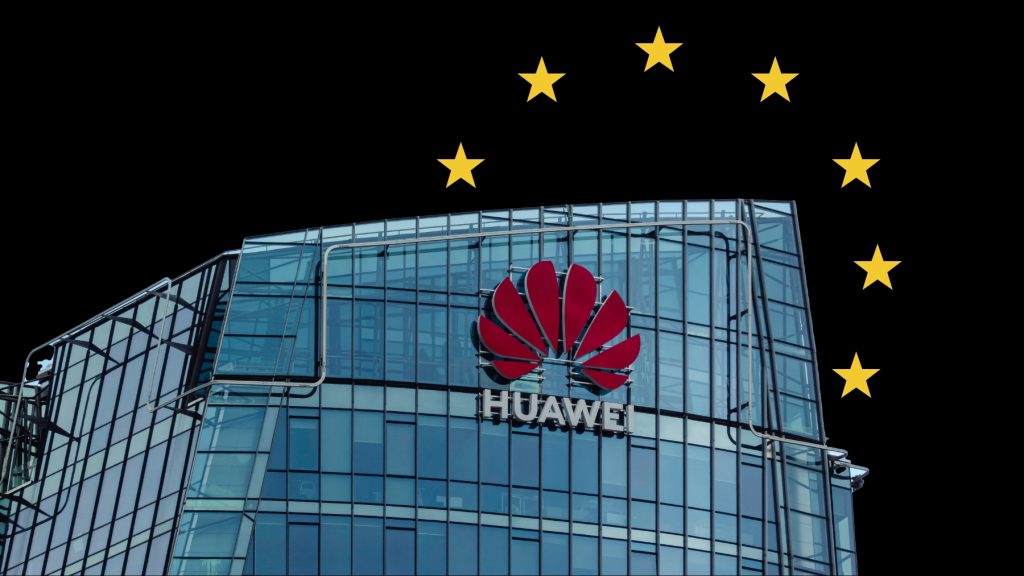
Huawei and ZTE have been restricted by eleven European Union countries due to 5G security concerns raised by the European Commission.
A spokesperson from the European Commission told Euronews that this decision comes as Huawei and ZTE are considered high-risk telecom suppliers within the EU, and the Commission aims to safeguard the countries from security threats.
Protection or Hurdle?
Back in 2020, the European Commission adopted the 5G Cybersecurity Toolbox as a way to protect the regions 5G security networks from possible cyber threats. The toolbox called on the EU member states to take restrictive measures against high-risk suppliers, essentially referring to the Chinese companies Huawei and ZTE.
Such restrictive measures include a transparent ban or specific exclusions under reasons concerning security.
For now, 21 countries in the European Union have already put rules in place to limit these suppliers, while three more have legislation pending. The framework enables national authorities to restrict or even prohibit suppliers they consider to be high risk. However, according to an EU official, governments might be required to take further actions in case the compliance is somehow insufficient within the bloc.
Never-Ending Global Scrutiny
Huawei, along with ZTE, has been put under ever-growing global scrutiny since 2018, as countries such as Japan and the US, along with quite a few EU states, have sought to exclude these companies from participation in public tenders and big telecom projects due to espionage fears, citing close links to the Chinese government.
Meanwhile, Sweden was one of the very first EU countries to ban the corporation, ordering network operators to remove existing Huawei equipment by January 2025, which has been challenged by Huawei but upheld in the Swedish courts.
Some of the EU countries are rushing to ban Huawei, yet others proceed with caution. Italy has not joined the general ban of Chinese suppliers of telecom equipment; it rather assesses each case on its own.
On the other hand, Germany has taken robust measures by requiring the complete withdrawal of Huawei and ZTE from its 5G infrastructure by the end of 2026.
This step comes in support of the overall National Security Strategy of Germany, aimed at protecting critical infrastructures and reducing dependency on high-risk suppliers.
Interior Minister Nancy Faeser stated that this decision was taken after a “careful examination” of the risks posed by critical components from Chinese manufacturers in German 5G security mobile networks.
“We are protecting the central nervous system of Germany for businesses and the communications of citizens, companies, and the state,” Faeser added.
From its part, Slovenia has taken a completely different approach in this matter by not banning Huawei. However, it had agreed to the commitment to securing its 5G networks by signing the 5G security declaration with the US back in 2020.
Final Thoughts
The contradictory approach taken by different EU countries in handling Huawei and ZTE reflects the urgent need to find a balance between taking advantage of cutting-edge technology and safeguarding national security. While on one side, the fast pace of the deployment of the 5G security networks surely forecasts some substantive economic benefits and technological advancements, on the other side, potential security threats that may be created through high-risk suppliers such as Huawei and ZTE cannot be completely overlooked.
Inside Telecom provides you with an extensive list of content covering all aspects of the tech industry. Keep an eye on our Telecom sections to stay informed and up-to-date with our daily articles.